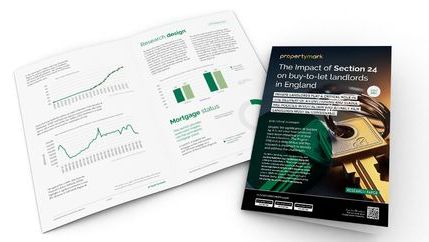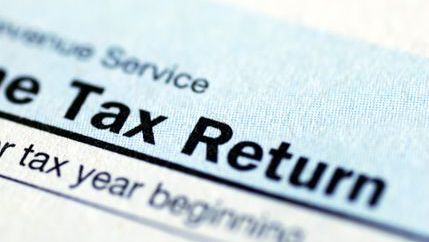
Propertymark has been clear about the need for change. Our position paper on the impact of tax changes in the private rented sector lays out practical, evidence-based recommendations. These include reviewing the entire tax framework for landlords, reversing Section 24, and reintroducing tax incentives for energy-efficient property improvements. We also oppose rent control policies, which we believe would reduce investment and worsen supply issues rather than protect tenants.
Read the HMRC report in full →
The Impact of Section 24 on buy-to-let landlords in England
In the summer budget of 2015, Chancellor George Osbourne, announced his intention to limit the ability of landlords to claim tax relief on finance costs including mortgage fees and mortgage interest payments. Despite the significance of Section 24, it is not clear how landlords have been impacted or of their future intentions. The English PRS is in a state of flux and this research is important to identify and address the challenges.
The financial picture is worsening
Most landlords continue to operate on thin margins. The vast majority earn under £20,000 a year in gross rental income, and more than half report making less than £10,000 in annual profit. For many, property income is a supplementary source of earnings, but almost one in five now rely on it as their primary income. With rising costs, tougher legislation and an increasingly complex tax regime, the viability of small-scale letting is being called into question.
These findings reflect what we regularly hear from our members. Landlords are contending with higher mortgage rates, increased maintenance and energy efficiency costs, and restrictions that limit their ability to recoup these expenses. Our data shows that these pressures are driving rents up and pushing landlords out of the market.
Section 24 and the tax burden
Since 2015, government policy decisions—including the removal of Mortgage Interest Relief under Section 24—have steadily increased the financial burden on landlords. Landlords can now only claim a basic 20 per cent tax credit on their finance costs, a change that has pushed many into higher tax brackets even if their actual income hasn’t changed. This system has penalised smaller landlords and removed vital tax offsets that previously helped maintain affordability.
Additionally, landlords face significant additional property taxes when purchasing buy-to-let homes. Our research found that the average additional cost for a landlord buying a property is around £11,860. This, combined with higher rates of Capital Gains Tax on property sales and the end of certain tax reliefs for improvements, has created a climate that disincentivises investment and improvement in rental properties.
The sector needs urgent government action
If landlords continue to exit the market at the current rate, renters will face even fewer options and higher costs. We are calling on governments across the UK to urgently:
- Review all taxes relating to private landlords, including scrapping Section 24.
- Reduce surcharges on buy-to-let purchases to encourage supply growth.
- Reintroduce tax allowances for energy efficiency improvements.
- Avoid rent control measures, which stall investment and distort the market
Our recommendations are clear and evidence-based. If the UK Government is serious about solving the housing crisis, it must make it financially viable for landlords to invest and remain in the sector.
Propertymark will keep advocating for reforms that support sustainable investment in the private rented sector, because a strong and stable housing market depends on a fair deal for landlords and tenants alike.






